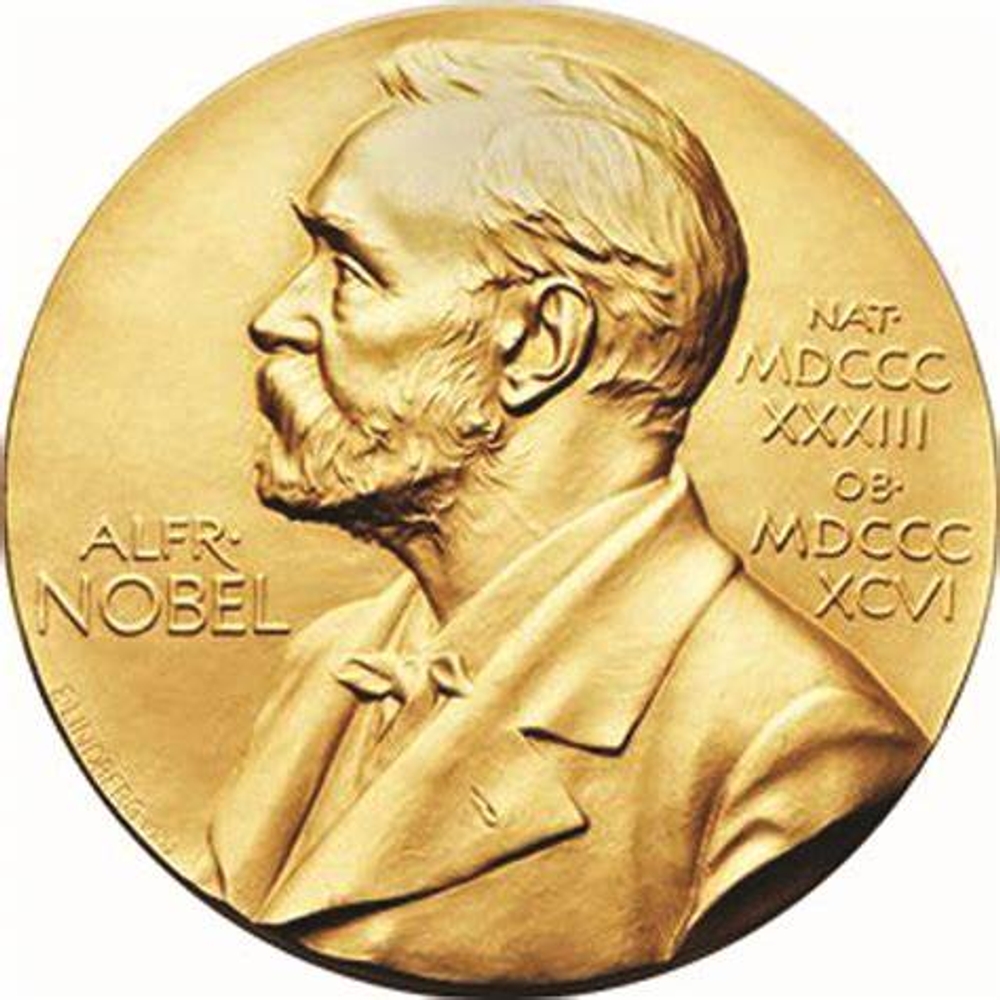Published
- 4 min read
The Politicization of Peace: Nobel Prize's Struggle with Geopolitics

The Nobel Peace Prize: A Shift from Peace to Politics
The Nobel Peace Prize, envisioned as a beacon of global harmony, has increasingly come under scrutiny for its politicization. The award, intended to honor contributions to international peace and disarmament, often finds itself entangled in the web of geopolitical agendas, raising questions about its credibility and relevance.
Nobel’s Vision: A Prize for Peace and Disarmament
Alfred Nobel’s will explicitly outlined that the Peace Prize should recognize those who work towards “fraternity between nations,” the abolition or reduction of standing armies, and the promotion of peace congresses. However, over the decades, the parameters for selecting recipients have broadened significantly, encompassing humanitarian efforts, climate advocacy, and human rights campaigns. While these causes are undoubtedly noble, their inclusion stretches the original mandate and invites controversy.
Geopolitics Over Peace: Controversial Awardees
The politicization of the Peace Prize is evident in several controversial awards. For instance, Barack Obama was awarded the prize in 2009, barely a year into his presidency, for his “extraordinary efforts to strengthen international diplomacy.” Critics argued that the award was premature, citing his administration’s reliance on hard power and military interventions, including campaigns in Libya, Syria, and Yemen. This decision underscored how the prize could be wielded to signal geopolitical approval rather than honor tangible contributions to peace.
Another contentious example is Muhammad Yunus, who received the prize in 2006 for pioneering microcredit. While celebrated internationally, Yunus’s role in Bangladesh has been criticized for perpetuating systemic inequalities. Under his influence, Bangladesh has grappled with human rights abuses, extrajudicial killings, and a growing risk of instability, highlighting the complexities of awarding the prize in politically volatile contexts.
A Tool for Geopolitical Messaging
Beyond individual recipients, the Nobel Peace Prize has often been used to send geopolitical messages. Awards to figures like Aung San Suu Kyi and Liu Xiaobo signaled support for anti-regime movements, while the joint prize to a Pakistani Muslim and an Indian Hindu in 2014 aimed to bridge regional divides. While these choices reflect commendable aspirations, they also illustrate how the prize is sometimes used to further Western geopolitical narratives.
The Consequences of Politicization
The Peace Prize’s perceived bias has led to criticism that it undermines its legitimacy. By rewarding figures or movements aligned with specific geopolitical interests, the prize risks alienating those it seeks to inspire. This erosion of trust is particularly concerning in a global landscape increasingly defined by multipolar power dynamics and ideological divides.
Moreover, the expansion of the prize’s criteria dilutes its focus. By addressing a wide array of issues, from environmental protection to civil rights, the Peace Prize risks losing its identity as a symbol of international peace and disarmament.
Returning to Nobel’s Vision
For the Nobel Peace Prize to regain its stature, it must adhere to its original purpose. This entails prioritizing efforts that directly contribute to disarmament, conflict resolution, and the cessation of hostilities. By doing so, the prize can reaffirm its role as a neutral arbiter of global peace rather than a tool for geopolitical signaling.
A case in point is the 2023 award to Nihon Hidankyo, a Japanese group advocating for nuclear disarmament. This decision aligns closely with Nobel’s vision, offering a glimmer of hope that the Peace Prize can transcend politics and focus on its foundational mission.
Conclusion: Reclaiming the Peace Prize’s Legacy
The Nobel Peace Prize stands at a crossroads. Its legacy as a champion of global harmony is at stake, threatened by the pressures of modern geopolitics. By returning to its roots and honoring those who genuinely embody the spirit of peace, the prize can restore its credibility and inspire future generations to pursue a more harmonious world.
Through careful selection and adherence to its original mandate, the Nobel Peace Prize can once again serve as a beacon of hope, free from the shadows of political agendas.
